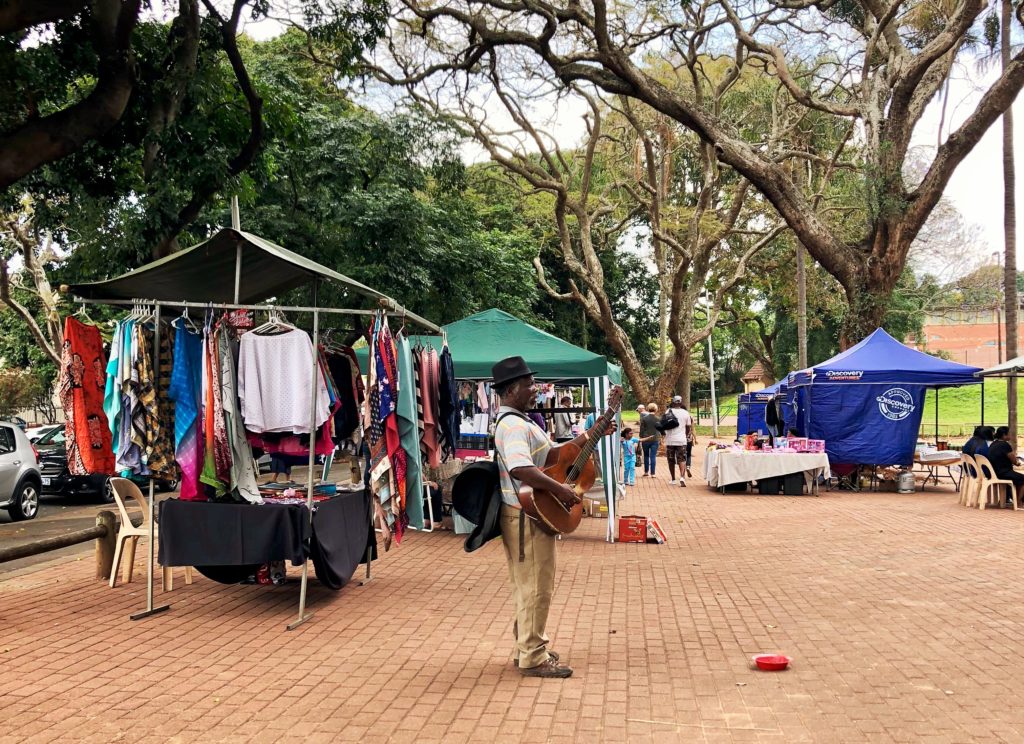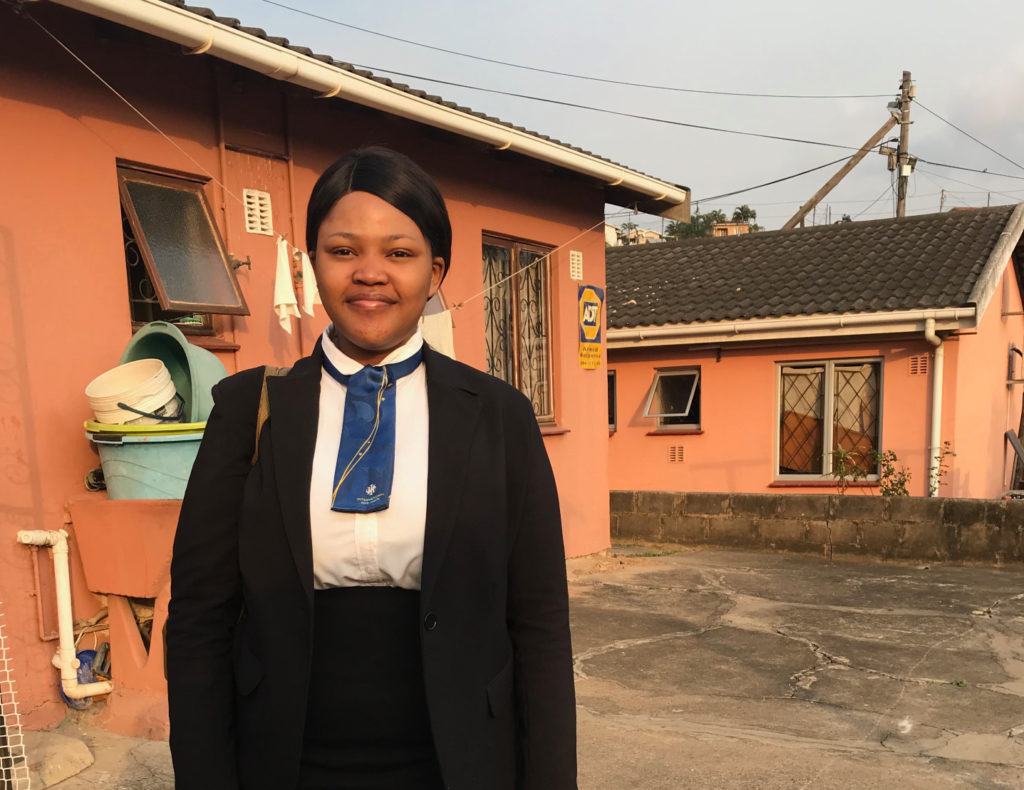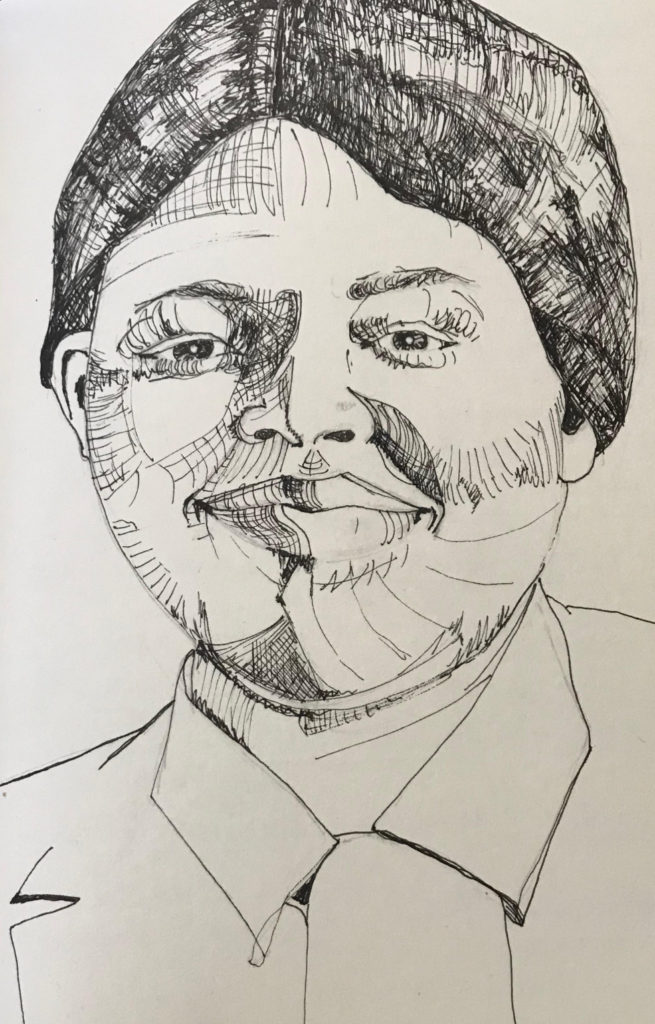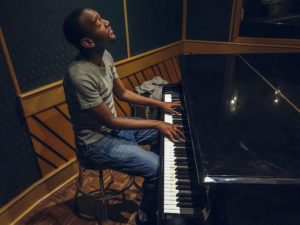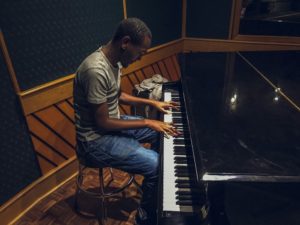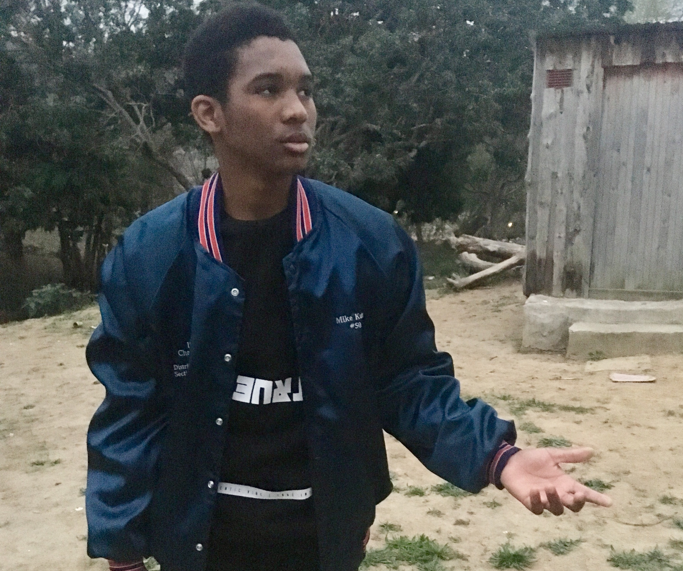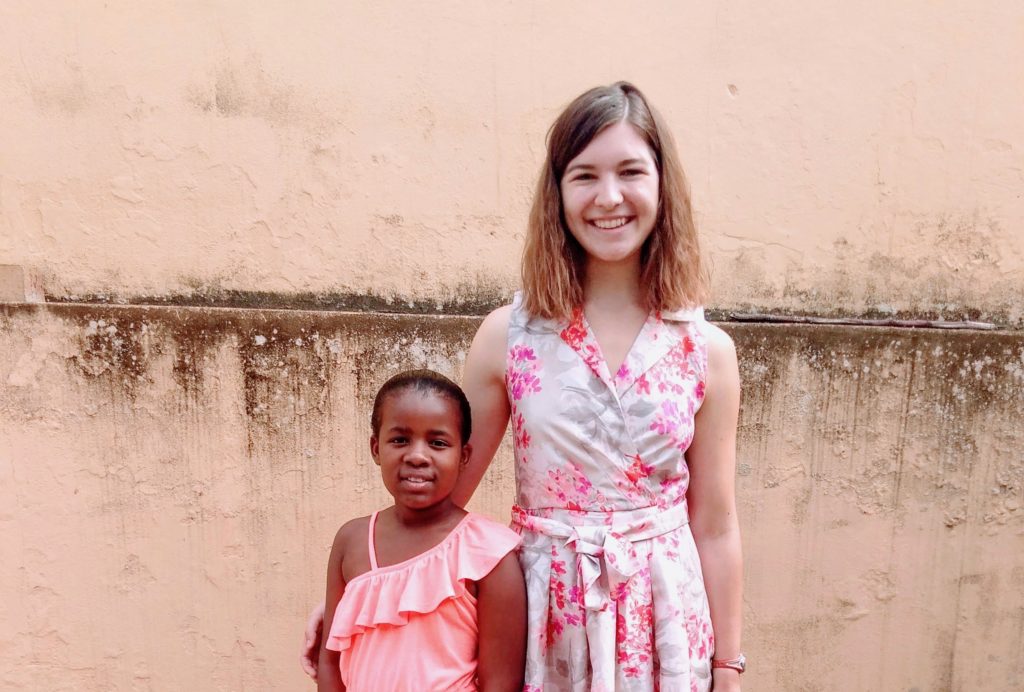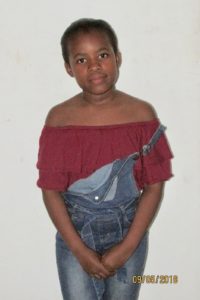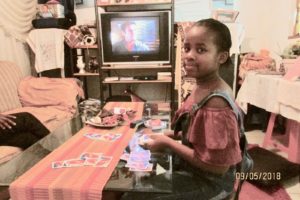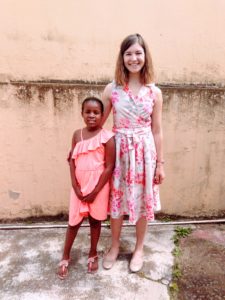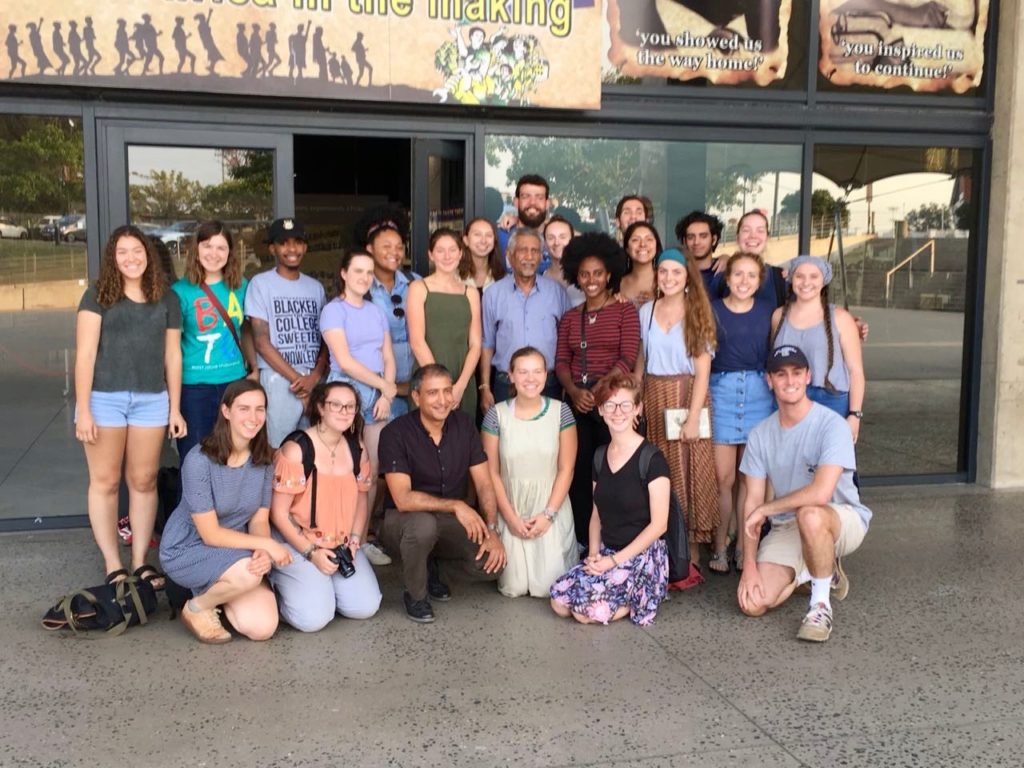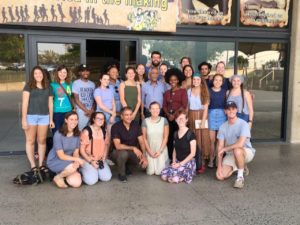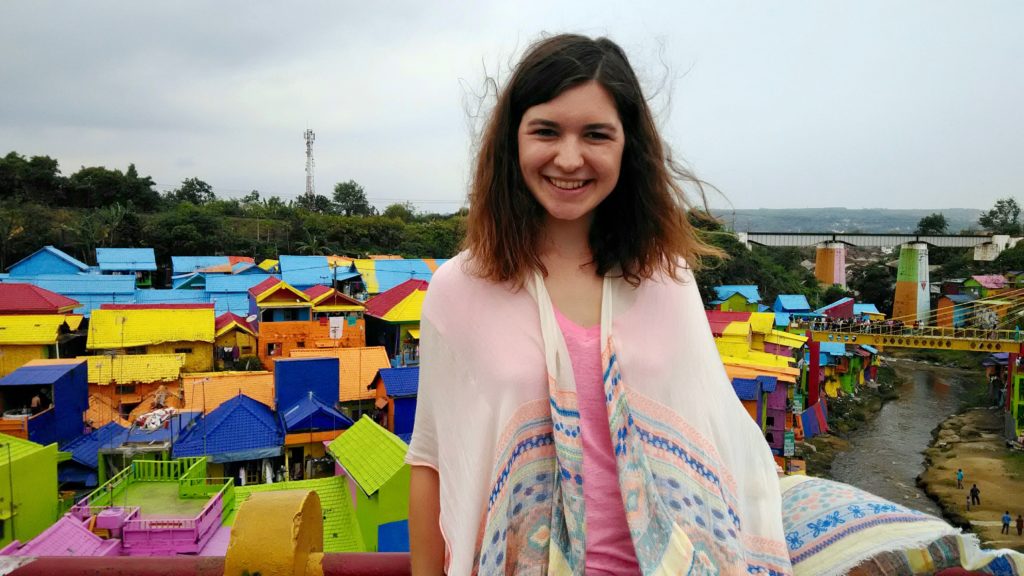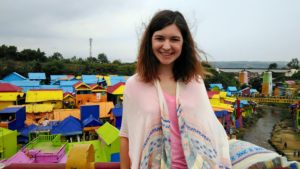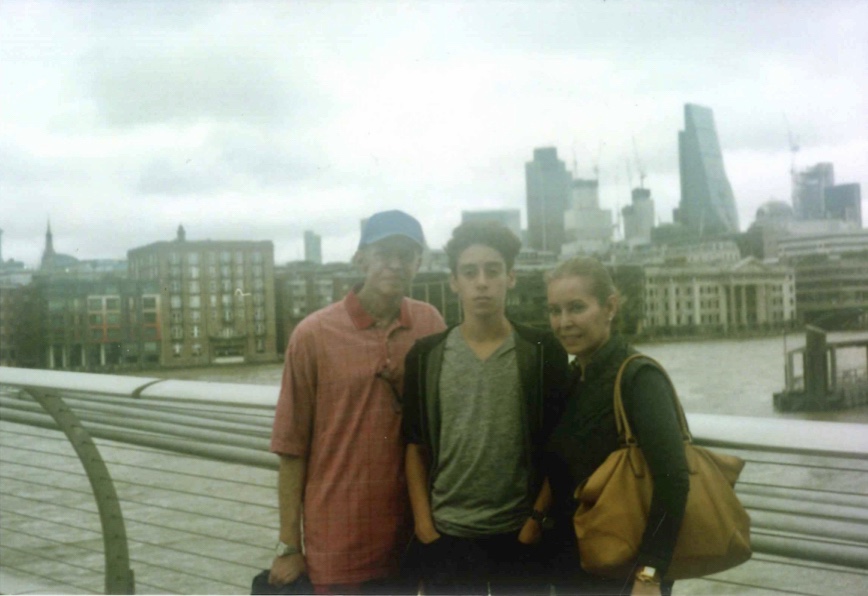What can a name tell you about the person it belongs to? For Zama Kunene, it means she will never stop trying.
Zulu names reflect the parents’ expectations and hopes for their child, and are given before birth, according to the African Studies Center.
Emelda Kunene was married for eight years, but the marriage fell apart because they waited too long to have kids.
Then, she met Zama’s father.
“When I met Zama’s father, in just one visit, Zama was made. I was just trying life again. That’s why I called her Zama,” Emelda said.
In isiZulu, Zama means “try”, and she wanted her daughter to live up to her name.

Zama is 19 years old now, and is the first in her family to attend college. She is in her second year at the South Africa Maritime School and Transport College, studying logistics. She hopes to work as a logistics coordinator for a major company like Hamburg Sud.
The road to get to this point, however, was not always smooth. Zama faced many challenges to get into college. She first applied to the Durban University of Technology (DUT), but waited and waited…
“Waiting for my application to go through [at DUT] was just way too long…the decision should have been made” Zama said.
According to Zama, the delay in processing her application was due in part to the #FeesMustFall protests that had erupted on South African Campuses in 2015. These student-led protests were aimed at lowering university fees and increasing government funding.

Zama was faced with two choices: she could continue waiting for DUT to get back
to her and lose a year in her education, or she could apply to another university.
She chose to apply to a private university, something that had never been on her radar before, due to both financial and systemic odds against her. In the township high schools of South Africa, only 20% of pupils make it to university. But Zama tried, like she had every other time, even when others doubted her.
“Because of how I act, a lot of people thought I would be a certain person, or maybe have a kid by now…I am proud that I was able to finish high school and now I am on the track to graduate [from college],” Zama said.
She chose to try even though nobody else in her family had gone to college. She chose to try even though her high school did not prepare her. She chose to try, even when she faced financial challenges.
She chose to live up to her name and try. And Zama is not only trying, she is succeeding.





